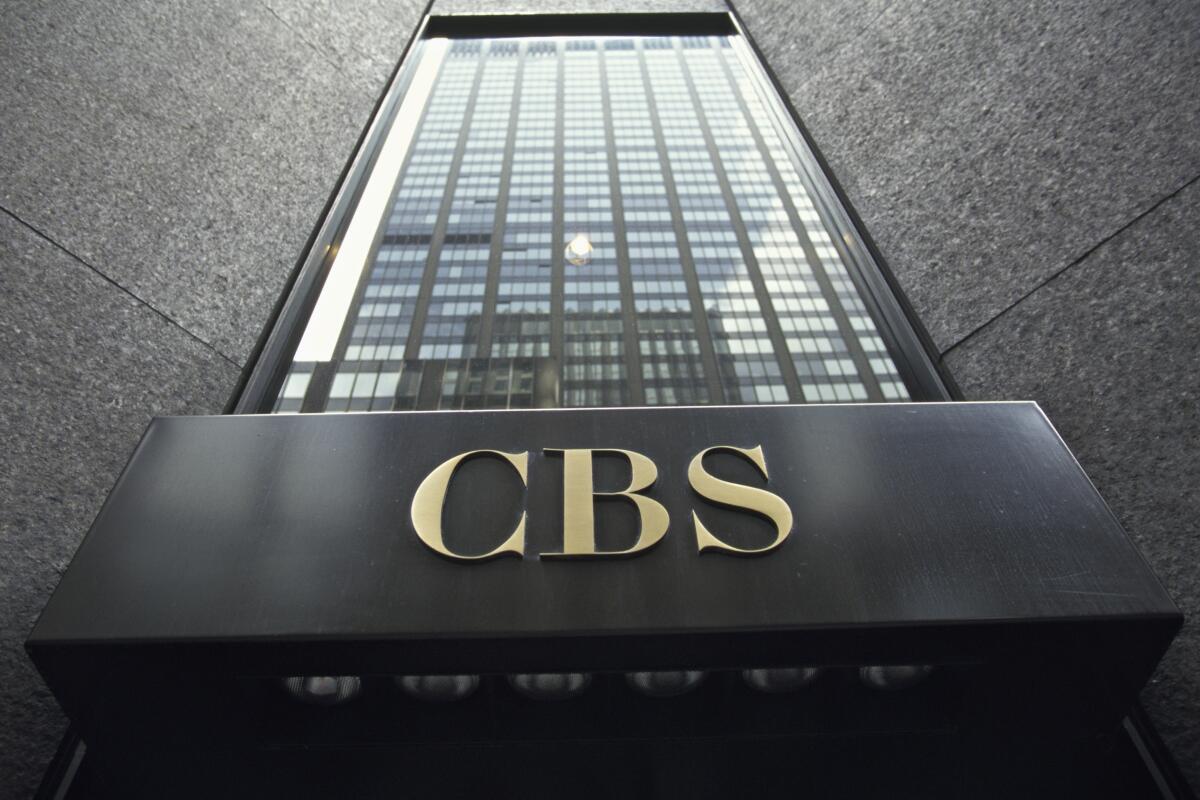I’m Done Staying Silent’: Lesley Stahl DESTROYS CBS In SHOCKING RAGE—Is This The END of JOURNALISTIC INTEGRITY at CBS?

The CBS newsroom was eerily quiet, the kind of silence that only comes before an earthquake. On a muggy April morning, Lesley Stahl—America’s queen of investigative journalism—marched through the halls of CBS, her eyes blazing with the fury of a woman betrayed. The whispers had been growing for weeks, but nobody expected what happened next: Stahl, who’d spent decades exposing presidents and CEOs, was about to turn her legendary fire on her own network.
It began with a single, trembling sentence. “I’m done staying silent,” Stahl said, her voice echoing off the marble walls. A handful of stunned producers froze in their tracks, coffee cups halfway to their lips. The anchor who’d grilled Trump and chased dictators was now taking aim at the very institution she helped build. And she wasn’t pulling any punches.
The Calm Before the Storm
For years, 60 Minutes was the gold standard, the show that dared to ask the questions no one else would. Lesley Stahl was its beating heart, the woman who refused to flinch when the powerful squirmed. But behind the scenes, CBS was changing. The network was tangled in a lawsuit from Donald Trump himself, who accused CBS of “rigging” an interview with Kamala Harris—an accusation so wild even the newsroom’s cynics rolled their eyes.
But the lawsuit was just the fuse. The real bomb was corporate pressure. Shari Redstone, Paramount Global’s iron-fisted chief, was locked in a billion-dollar merger battle with Skydance Media. Suddenly, every word on 60 Minutes was under the microscope. “They told us what we could and couldn’t cover,” Stahl confided to a colleague in a late-night phone call. “They told us what to say, how to say it, and when to say it. It’s not journalism. It’s theater.”
The Betrayal
The breaking point came when Bill Owens, the show’s legendary executive producer, handed in his resignation. His letter was a grenade: “I can no longer run the show as I always have. I am no longer allowed to make independent decisions based on what’s best for 60 Minutes and for the audience.” Stahl read the words over and over, her hands shaking. Owens was more than a boss—he was a guardian of the newsroom’s soul. His departure was a death knell.
That afternoon, Stahl confronted Redstone in a glass-walled office overlooking Manhattan. The conversation was short, brutal, and unforgettable. “You’re killing journalism,” Stahl spat, her voice thick with emotion. “You’re turning the news into a circus.” Redstone, ever the corporate tactician, stared back, unblinking. “It’s business, Lesley. It’s survival.” But Stahl wasn’t buying it. “It’s cowardice,” she snapped. “And I won’t be part of it.”

The Fallout
The newsroom imploded. Veteran producers packed up their desks, some in tears, others in fury. The staff who’d once been united in their mission to expose the truth now wandered the halls like ghosts. Rumors of mass resignations spread like wildfire. The public, watching from afar, was stunned. Social media exploded with hashtags: #StandWithStahl, #Save60Minutes, #EndCorporateCensorship.
Media analyst Dana Brooks told Daily Mail, “This is unprecedented. Stahl isn’t just a journalist—she’s an institution. If CBS loses her, they lose their credibility.” Even rival anchors weighed in. “Lesley’s always been fearless,” said Anderson Cooper. “If she’s walking out, something is deeply wrong.”
The Cost
The damage was immediate. Ratings dropped. Advertisers panicked. Viewers—once loyal to the brand—turned away, disgusted by the spectacle of corporate greed swallowing the last vestiges of journalistic integrity. The newsroom, once a fortress of independence, now felt like a gilded cage.
Stahl, meanwhile, became a lightning rod. Her fury was raw, her pain palpable. “The public doesn’t understand what’s at stake,” she told a packed press conference, voice trembling. “A free press is the backbone of democracy. When you silence journalists, you silence the truth.”
The Reckoning
Journalism professor Dr. Eli Roth summed up the crisis: “This isn’t just about CBS. It’s about every newsroom in America. If Lesley Stahl can’t fight corporate interference, who can?” The question hung in the air like smoke.
The battle lines were drawn. Stahl’s stand ignited a firestorm, with reporters and anchors across the country rallying behind her. CBS tried to spin the story, but the damage was done. The network’s reputation—once untouchable—was now in tatters.
The End of an Era?
As the dust settled, one thing was clear: television history had changed forever. Lesley Stahl’s rage was more than just a personal vendetta—it was a clarion call for every journalist who still believes in truth over profit. CBS may survive the scandal, but its soul has been scorched.
And as Stahl walked out of the building—head high, eyes bright, unbowed—the city seemed to hold its breath. The future of journalism is hanging in the balance. The revolution has begun. And Lesley Stahl, the woman who refused to stay silent, may just be the spark that brings it all crashing down.
Stay tuned. The battle for America’s truth is only beginning.





